
The composition of human breast milk is crucial in the overall development of an infant. Breast milk-fed babies are proven to be more resistant to short and long-term illnesses such as asthma, obesity, and type-1 diabetes. In the absence of mother’s milk, it is recommended to use donor milk because this milk can contribute to healthy organ development and immune system. With the increasing awareness of the benefits associated with donor human milk, feeding infants with donor milk is increasing.
This allows mothers who are facing issues with the production of breast milk, to feed their babies with donor milk. However, it is recommended to feed fortifiers to preterm infants and low-birth-weight babies, as they require additional nutrient supplementation. In this blog, we will discuss the contribution of donor breast milk to the overall development of the child and its benefits.
Donor Human Milk Contribution to Infant Nutrition and Development
Approximately 15 million premature infants are born every year, in the absence of mothers’ milk WHO recommends using human donor milk to provide supporting nutrients for the baby. Donor milk bridges the gap that exists between infants and mothers who are facing problems with breast milk production. It contributes to reducing NEC, which is more common in infants who are fed cow’s milk derived or other bovine-based nutritional solutions.
Nutritional Development
Unlike bovine-based infant feeding options, the components of donor milk provide all the necessary nutrients, proteins, and other vital compounds that aid in the overall development of the child.
Immune System Development
Antibodies and immune-boosting compounds in donor milk strengthen the immune system of the baby. This provides them resistance against harmful diseases and infections, which most newborn babies are prone to.
Healthy Weight Gain
By providing all the vital compounds that are necessary for a newborn baby, donor milk significantly improves weight gain in babies.
Healthy Digestive System
Given the fragile nature of a newborn baby’s digestive system, it is advisable to incorporate donor milk to provide bioactive factors of human milk that enhance and promote optimal digestive health
Nutritional Components of Human Milk
The proteins present in human milk are typically classified into whey and casein proteins. Each consists of various additional nutritional components that are responsible for the growth of the baby. These components are as follows:
1 ) Macronutrients
It is estimated that the mean composition of macronutrients in mother’s milk is approximately 0.9 to 1.2 g/dL for protein, 3.2 to 3.6 g/dL for fat, and 6.7 to 7.8 g/dL for lactose. Also, the energy estimates range from 65 to 70 kcal/dL.
2 ) Micronutrients
The micronutrients present in human breast milk depend on the maternal diet and body stores. The typical micronutrients present in mother’s milk include A, B1, B2, B6, B12, D, and Iodine. The concentrations of these nutrients depend on the mother’s lifestyle and diet.
Growth factors
Mother’s milk consists of various growth factors that help the babies to grow in the initial stages. They have a wide range of effects on the intestinal tract, vasculature, nervous system, and endocrine system.
- Epidermal growth factor (EGF) – This is responsible for intestinal growth and repair.
- Neuronal growth factor ( NGF) – This is responsible for the growth and development of the nervous system.
- Insulin-like growth factor ( IGF) – This is responsible for the tissue growth.
- Vascular endothelial growth factor (VEGF) – This aids in the regulation of the vascular system.
- Erythropoietin (EPO) – This is responsible for intestinal development and prevention of anemia.
These growth factors are responsible for promoting the overall growth of the baby in the initial stages. These factors are absent in cow milk and hence it is recommended to feed babies with donor milk, in the absence of the mother’s own milk.
Conclusion
All in all, donor human milk significantly contributes to an infant’s nutrition and development. It is essential for infants in the initial stages of their life as its properties help in avoiding any growth defects or diseases that are common in newborns. The nutritional components and the growth factors present in the donor human milk cannot be replaced with cow milk. It is recommended that the babies should be fed with human breast milk for the first two years to ensure maximum growth and resistance against any possible diseases.



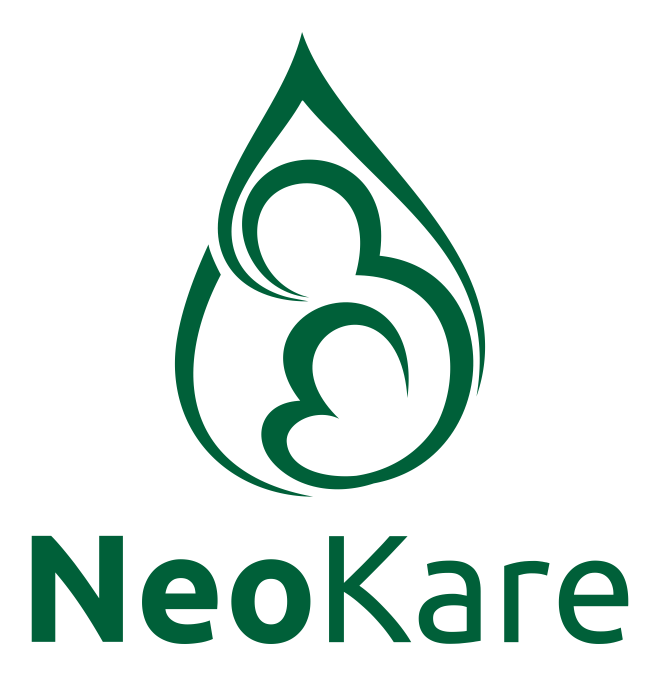
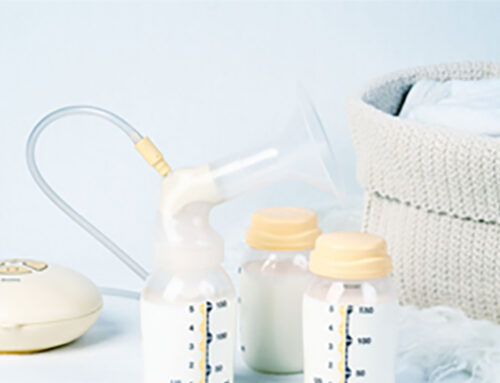

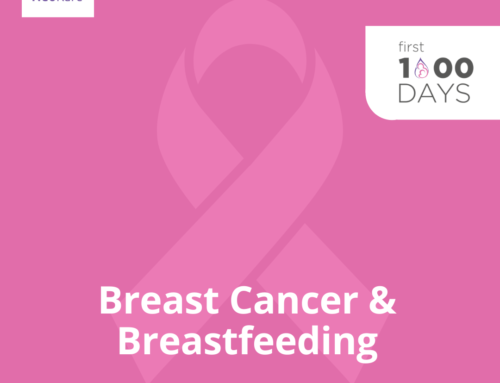
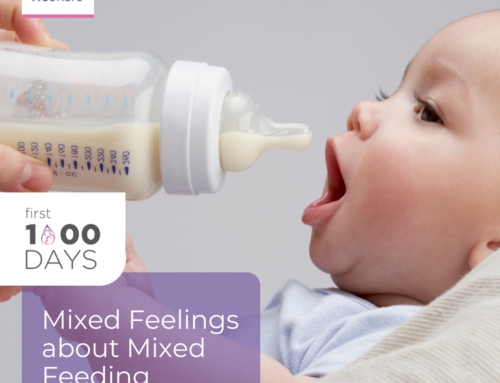


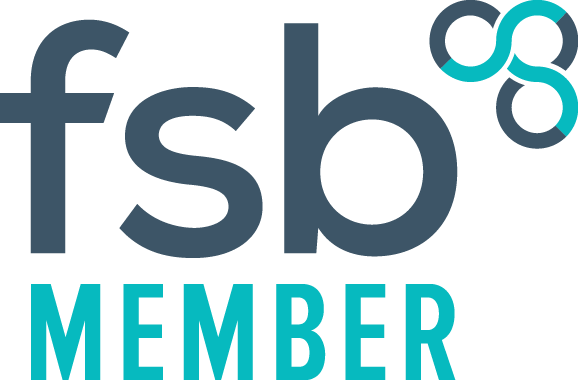
Leave A Comment